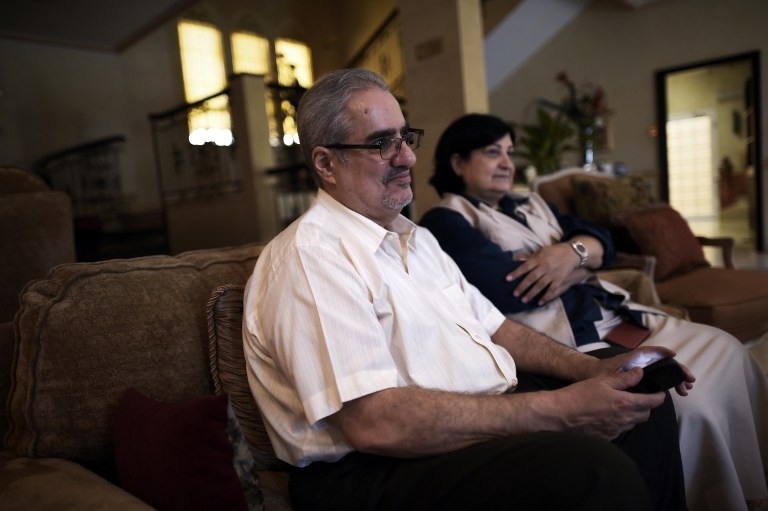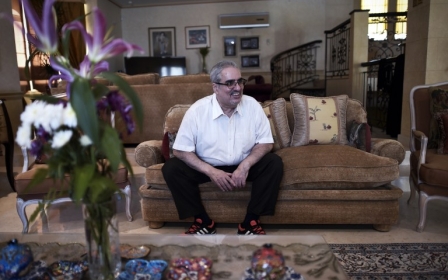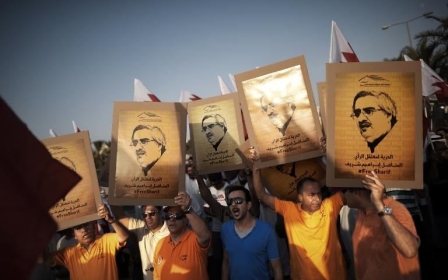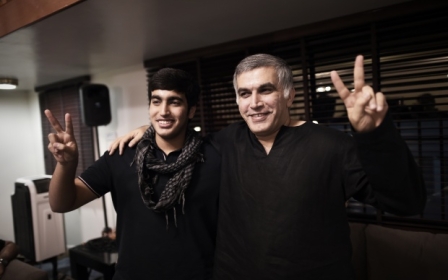New trial for pardoned Bahrain opposition leader Ibrahim Sharif

A prominent leftist opposition leader in Bahrain is to stand trial again this month for "promoting political change through forceful means," two months after his release in a royal amnesty, judicial sources said on Wednesday.
Ibrahim Sharif, who headed the secular group Waed, was freed on 19 June after spending four years in prison over his involvement in 2011 pro-government protests.
But he was re-arrested three weeks later for "violating the law".
Public prosecutor Wael Buallay, in a statement carried by state news agency BNA, said an unnamed individual was accused of "promoting political change through forceful means and threats and inciting hatred against the political regime".
Judicial sources in Bahrain confirmed that the statement, which gave a 24 August date for the trial to open in the Higher Criminal Court, was referring to Sharif.
"By inciting hatred and calling for violence to advance political changes, the defendant has revealed that he is still committed to his hateful and criminal activities for which he was previously convicted" even after his release by a "royal pardon, in which the defendant pledged to comply fully with the law," it said.
It accused Sharif of promoting "violent disorder" in a "direct attempt to undermine stability in the kingdom and overthrow the regime," adding that he would remain in custody.
Sharif played a prominent role in the month-long protests and was later among a group of 20 activists tried for plotting to overthrow the Khalifa rulers of Bahrain.
Opposition sources say the activist was taken back to prison after he criticised the government during a ceremony for a victim of the unrest that has rocked the kingdom.
The opposition in Bahrain, which is home to the US Fifth Fleet, is pressing for a constitutional monarchy and an elected prime minister.
At least 89 people have been killed in clashes with security forces since 2011, while hundreds have been arrested and put on trial, rights groups say.
The pro-democracy uprising has been increasingly categorised as the island's Shia majority community rebelling against the Sunni ruling family. However, many commentators have warned against propagating a sectarian narrative - pointing to activists such as Sharif, a Sunni, as being evidence the crackdown is targeting those calls for political reform, rather than being a reaction to a schism between Bahrain's Shia and Sunni Muslims.
New MEE newsletter: Jerusalem Dispatch
Sign up to get the latest insights and analysis on Israel-Palestine, alongside Turkey Unpacked and other MEE newsletters
Middle East Eye delivers independent and unrivalled coverage and analysis of the Middle East, North Africa and beyond. To learn more about republishing this content and the associated fees, please fill out this form. More about MEE can be found here.




